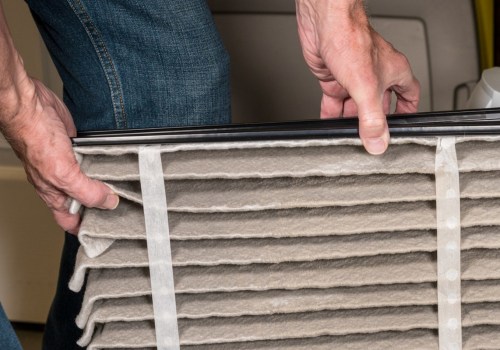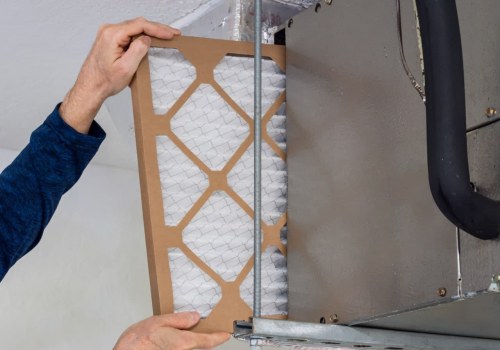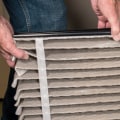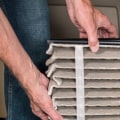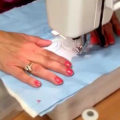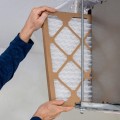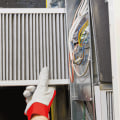A clogged furnace air filter can have a major impact on the airflow throughout your home and HVAC system. The lack of fresh air in the furnace will cause the heat exchanger to heat up too much and shut off. Dirty filters can also cause short cycling problems and make it difficult to keep your home warm. Depending on your situation, you have two options for running a furnace: run it with a dirty air filter or without one. If the filter is too dirty, it can prevent the furnace from operating efficiently.
In some cases, it can even cause it to shut down. The reason is that the filter clogs the system, overheating the furnace. Because the system relies on constant air recirculation, the fan performance of your heating and cooling system can have a big impact on your home's energy consumption. The harder this fan has to work to draw air throughout your home, the higher your energy bills will be. In fact, a clogged filter can consume 15% more energy, according to the Department of Energy.
This inefficiency increases rapidly as the filter becomes more and more clogged, or until the filter is serviced. If your home uses another type of heating system, such as a boiler that uses water to heat the house, you won't have filters, but for a furnace or heat pump, a filter is a vital component. When it comes to changing your furnace filter, this is a simple way to prevent problems from occurring and maintain the health of your furnace. If temperatures are as expected, but bills are rising, a clogged filter could force your furnace to work harder. Running a furnace without a filter, that is, for long periods of time, has almost the same side effects as using it with a dirty one. Now, you're probably wondering why your furnace technician doesn't just change the air filter during the scheduled set-up.
A well-maintained furnace will also perform more efficiently and effectively than one that works despite clogged filters or other problems. According to the Diamond Certified Organization, a clogged furnace air filter is the main cause of equipment failure. An oven filter serves as a barrier to trap dust and debris entering the return duct from reaching the fan. The purpose of this basic air filter in the furnace is not to improve indoor air quality throughout the house. Dust and debris in a household air cleaner restrict airflow, forcing the furnace to strain and use more energy to heat or cool your home. Since filters aren't designed to work indefinitely, even if you have a filter in your furnace, it could clog if it hasn't been changed in a while.
We recommend scheduling an oven set-up every fall so you can be sure your oven is in top condition before the colder weather sets in. But air filters need to be changed every 1-3 months to keep the furnace running efficiently and effectively.
